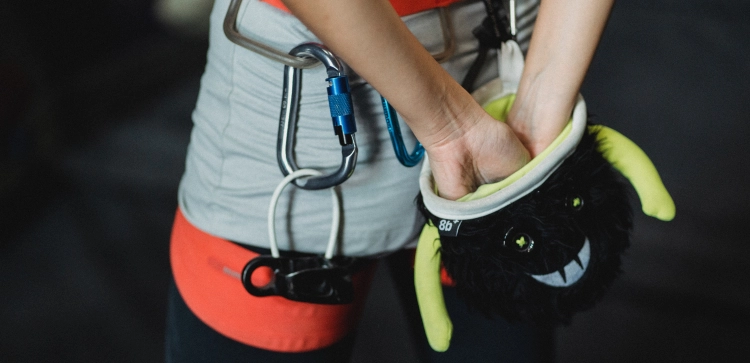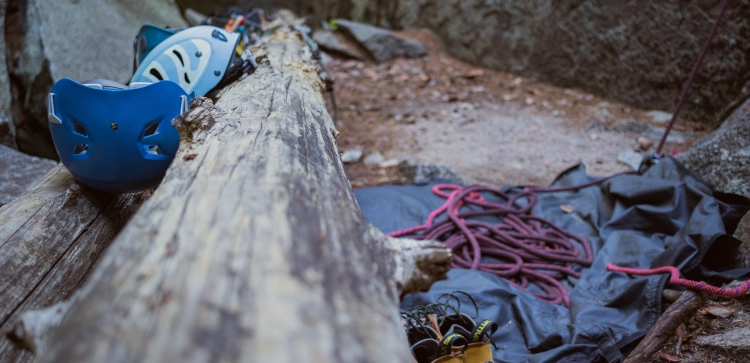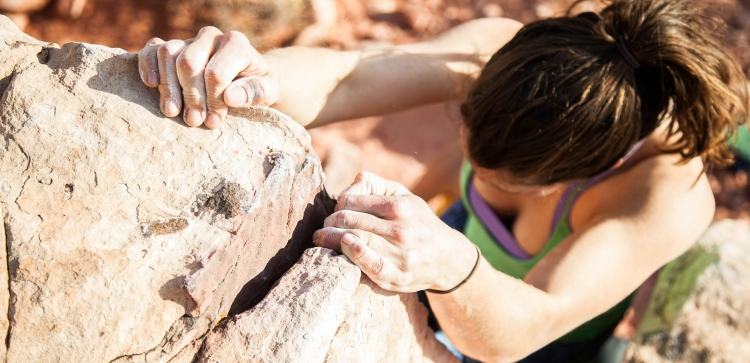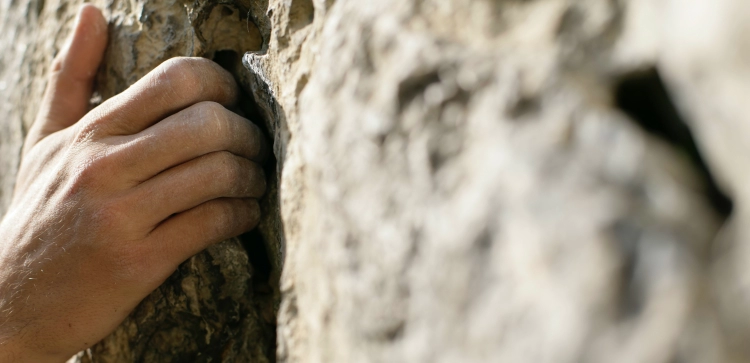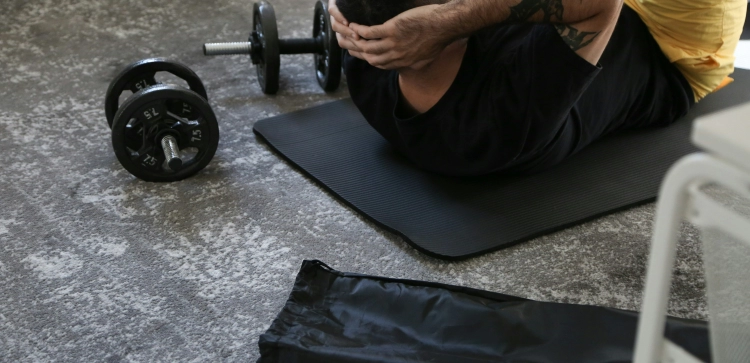What's The Significance Of Chalk In Climbing And Why Should You Use It?
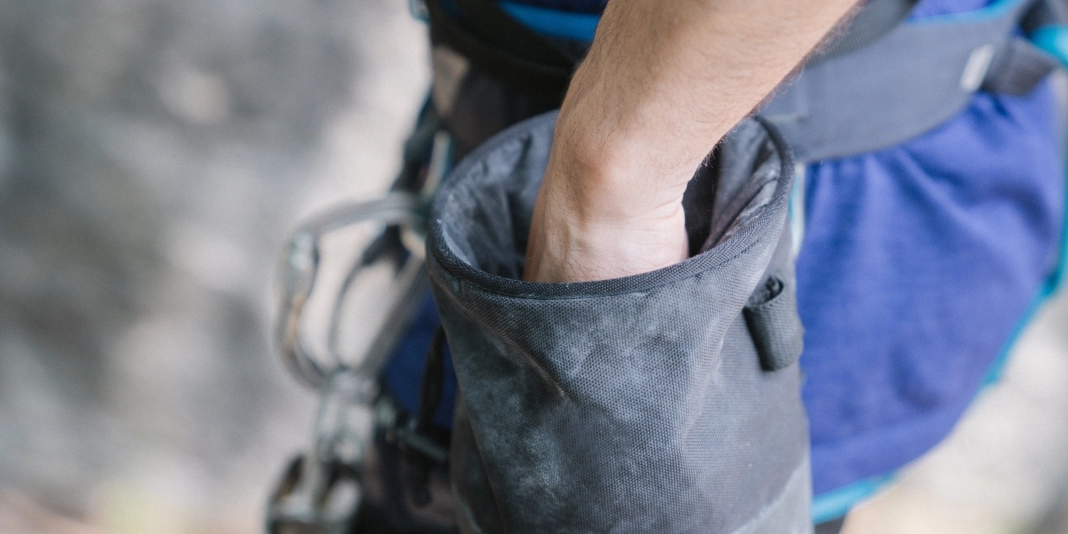
Climbing is a sport of precision, strength, and control. It's a combination of fingertips and toes on rugged surfaces, where every bit of grip matters. In this intricate challenge, chalk emerges as an unsung hero—a climber's best friend. Let's explore why chalk is a vital tool for climbers, how it enhances grip, and why it's a cornerstone of climbing success.
What is the purpose of chalk in climbing?
Climbing chalk serves a fundamental purpose: to keep your hands dry. Climbers often perspire, and sweaty hands can be a recipe for slipping off holds. Chalk absorbs moisture, providing a dry and grippy surface for your hands, which is essential for maintaining control during climbs.
How does chalk enhance grip while climbing?
The science is simple yet effective. When you apply chalk to your hands, it dries any moisture and creates friction between your skin and the climbing holds. This increased friction allows you to grip holds more firmly and with greater confidence, reducing the chances of slipping.
What are the different forms of climbing chalk?
Climbing chalk comes in various forms to suit different preferences:
-
Chalk Balls: These are convenient and mess-free. A chalk ball is a porous sock filled with loose chalk that you can squeeze to release chalk onto your hands.
-
Chalk Blocks: Blocks of compressed chalk are a traditional choice. You rub your hands against the block to coat them with chalk, or break the block up and turn it into a chunky powdered chalk.
-
Liquid Chalk: Liquid chalk is a suspension of chalk in alcohol. It dries quickly on your hands, offering a longer-lasting grip.
-
Chalk Powder: Loose chalk powder is versatile and can be applied directly to your hands or transferred into a chalk ball for ease of use.
Do all climbers use chalk, or is it a matter of personal preference?
While many climbers rely on chalk, its use can vary. Some climbers, especially beginners or those climbing in less humid conditions, may not use chalk as extensively. It often becomes a matter of personal preference and comfort. It’s safe to say that the majority of climbers use some form of chalk.
Conclusion
In the intricate world of climbing, chalk is a simple yet indispensable tool. It turns perspiration into precision, sweat into grip, and challenges into triumphs. Understanding the significance of chalk in climbing and choosing the right form for your needs can make a noticeable difference in your climbing performance.
So, next time you reach for that chalk bag hanging at your side, remember that you're not just applying a white powder; you're arming yourself with a crucial element of climbing success—a dry grip and unwavering confidence.

